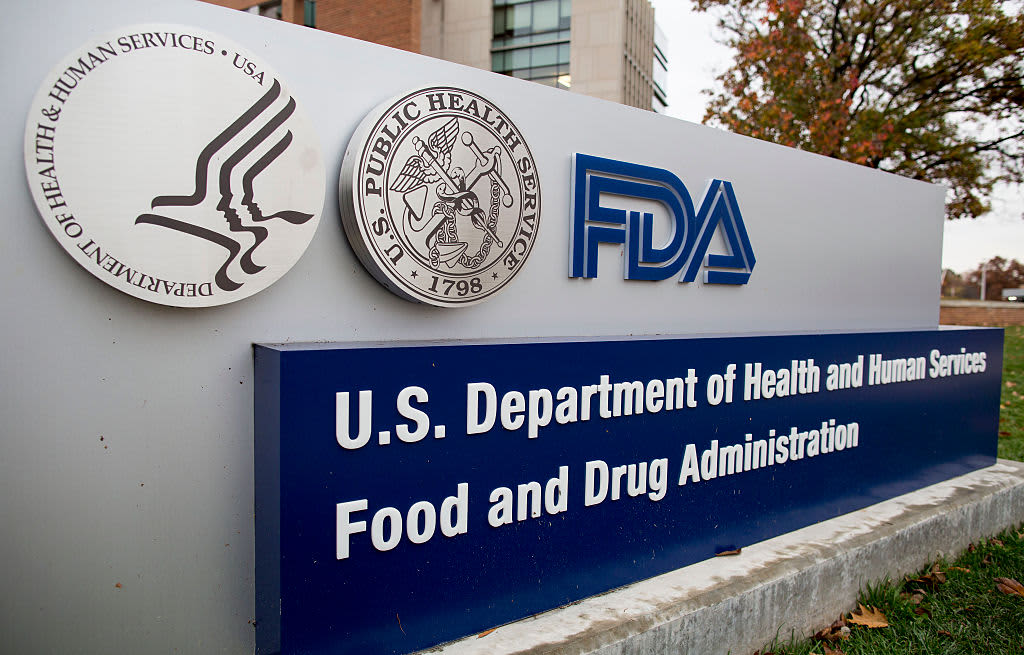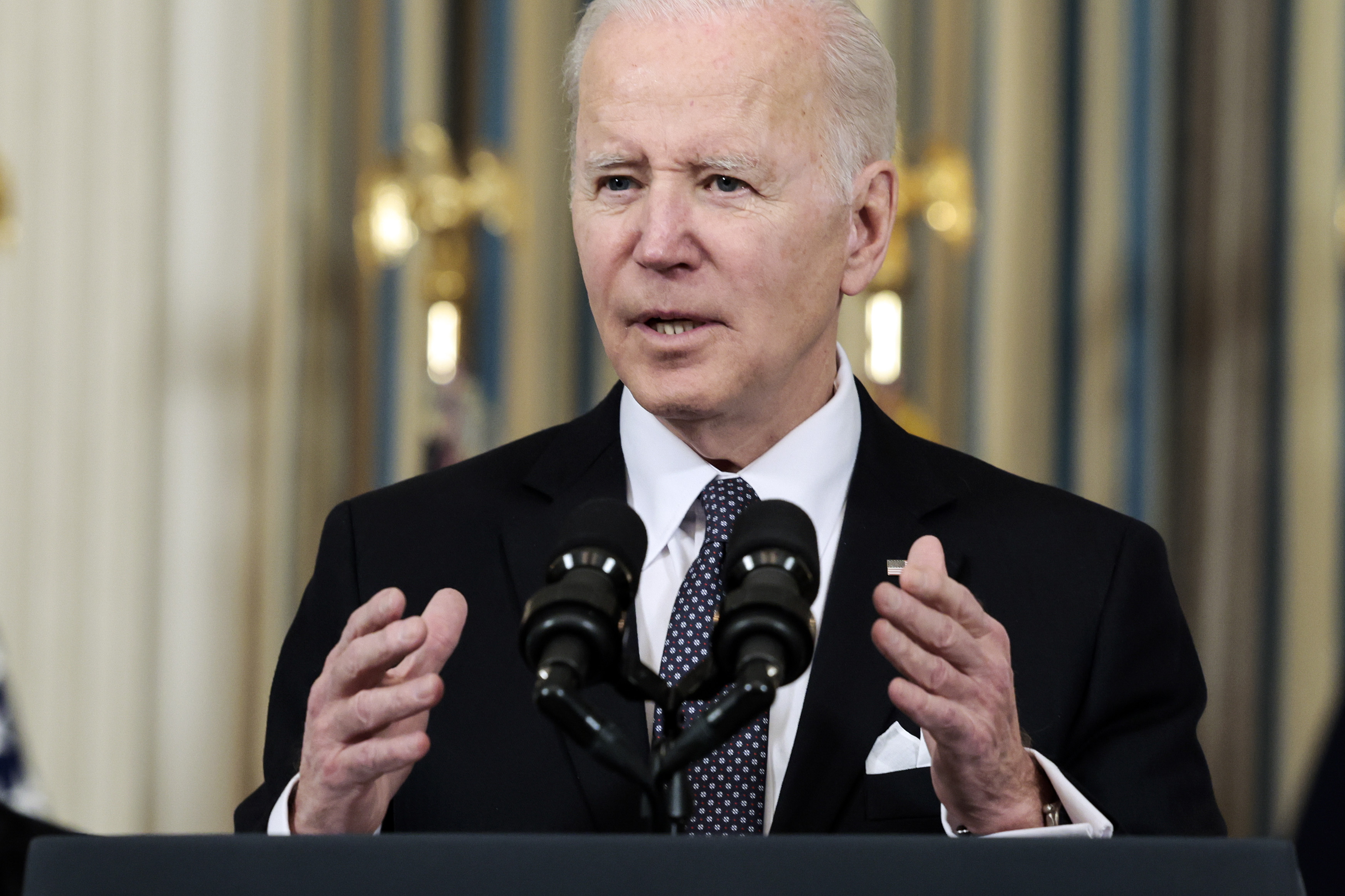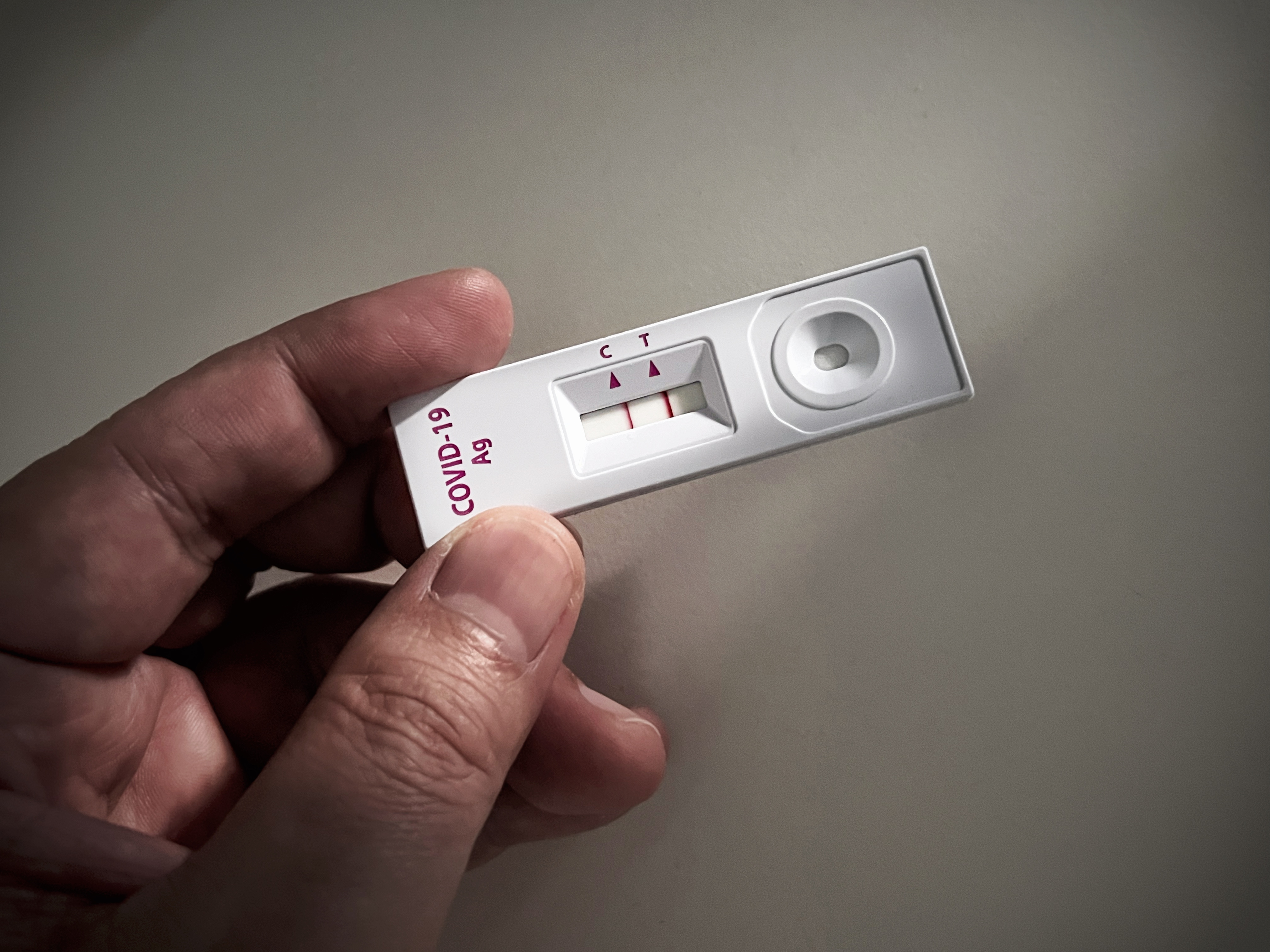Massachusetts officials announced Wednesday that following updated recommendations from the federal government, all residents age 50 and older or individuals who are younger with certain medical conditions can now access a second COVID-19 booster.
The Centers for Disease Control and Prevention on Tuesday recommended that certain immunocompromised individuals and everyone over age 50 get an additional booster dose. That followed authorization by the Food and Drug Administration for a second boster dose for these groups four months after their first booster of the Pfizer or Moderna vaccines.
WATCH ANYTIME FOR FREE
Stream NBC10 Boston news for free, 24/7, wherever you are. |
Those eligible include:
- Individuals 50 years of age and older at least 4 months after getting a first booster
- Individuals 18 and older with certain medical conditions may get a second Moderna booster at least 4 months after first booster
- Individuals 12 and older with certain medical conditions may get a second Pfizer booster at least 4 months after the first booster.
Get updates on what's happening in Boston to your inbox. Sign up for our News Headlines newsletter.
Separately, Massachusetts offiicals said individuals 18 and older who received a primary vaccine and booster dose of Johnson & Johnson at least four months ago can now receive a second booster dose using an mRNA vaccine like Pfizer or Moderna.
Residents may access booster doses from more than 1,000 locations, with appointments readily available for booking across Massachusetts. The state has capacity to administer over 150,000 boosters weekly.
To find a location, go to vaxfinder.mass.gov. or call the COVID-19 Vaccine Resource Line Monday through Friday, from 8:30 a.m. to 6 p.m. and Saturday and Sunday, from 9 a.m. to 2 p.m. at 211.
“Vaccines including boosters are the most effective and widely available tool we have to prevent COVID infection, severe disease, and death,’’ said Dr. Larry Madoff, medical director of the state Department of Public Health's Bureau of Infectious Disease and Laboratory Sciences. “It is important that everyone stay up to date on their vaccines. If residents have questions about whether they are eligible to get an additional booster dose, DPH encourages you to talk with your doctor.”
Dr. Rochelle Walensky, CDC's director, said it is especially important for older Americans — those 65 and older — and the 50-somethings with chronic illnesses such as heart disease or diabetes to consider another shot.
“They are the most likely to benefit from receiving an additional booster dose at this time,” Walensky said.
There's evidence protection can wane particularly in higher-risk groups, and for them another booster “will help save lives,” FDA vaccine chief Dr. Peter Marks said.
For all the attention on who should get a fourth dose of the Pfizer and Moderna vaccines, only about half of Americans eligible for a third shot have gotten one — and the government urged them to get up to date. Two shots plus a booster still offer strong protection against severe illness and death, even during the winter surge of the super-contagious omicron variant.
The move toward additional boosters comes at a time of great uncertainty, with limited evidence to tell how much benefit an extra dose right now could offer. COVID-19 cases have dropped to low levels in the U.S., but all vaccines are less powerful against newer mutants than earlier versions of the virus — and health officials are warily watching an omicron sibling that's causing worrisome jumps in infections in other countries.
Pfizer had asked the FDA to clear a fourth shot for people 65 and older, while Moderna requested another dose for all adults “to provide flexibility” for the government to decide who really needs one.
FDA's Marks said regulators set the age at 50 because that's when chronic conditions that increase the risks from COVID-19 become more common.
Until now, the FDA had allowed a fourth vaccine dose only for the immune-compromised as young as 12. Vaccines have a harder time revving up severely weak immune systems, and Marks said their protection also tends to wane sooner. Tuesday's decision allows them another booster, too — a fifth dose. Only the Pfizer vaccine can be used in those as young as 12; Moderna's is for adults.
The Associated Press contributed to this report.




